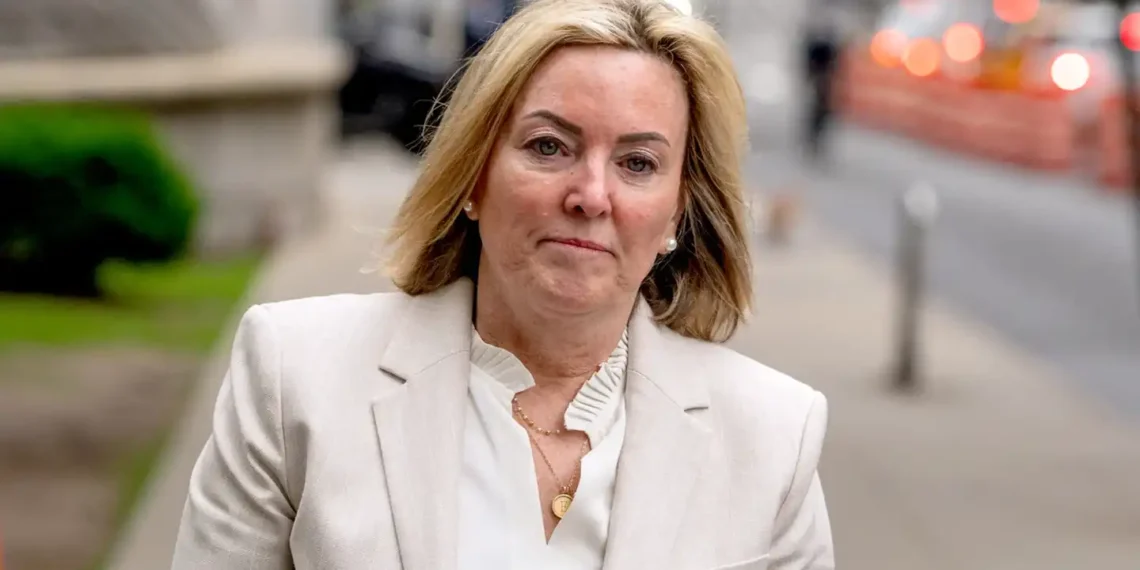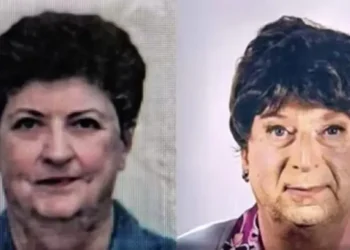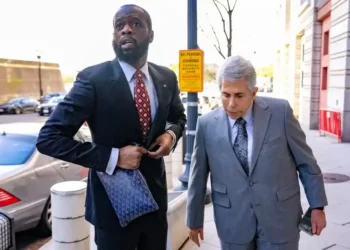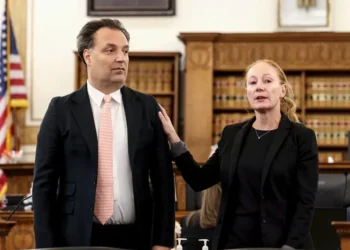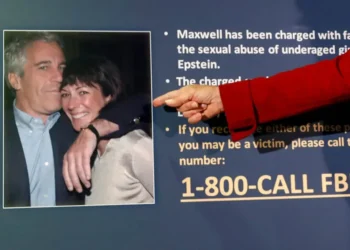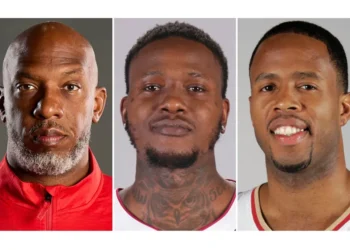Meet the ‘Diddy’ Expert Witness Who’s Testified in High-Profile Trials — And Why She Took the Stand This Time
In the federal trial of Sean “Diddy” Combs, a key voice on the witness stand has been clinical and forensic psychologist Dawn Hughes. Known for her expertise in cases involving sex trafficking and abuse, Hughes has testified in some of the most headline-grabbing trials in recent years — including those of R. Kelly, Keith Raniere (founder of Nxivm), and the Johnny Depp defamation lawsuit.
But what makes her role in the Combs trial particularly interesting is how she approaches her testimony and why her voice matters so much.
A Reluctant Defender of the Accused?
During a sharp cross-examination by Combs’ defense attorney Jonathan Bach, Hughes revealed a striking fact: despite her hundreds of expert court appearances since 1998, she has never testified in defense of a man accused of a sex crime.
“I don’t evaluate offenders,” Hughes calmly stated, setting clear boundaries on her professional focus.
Bach also questioned whether Hughes was financially motivated by her courtroom work. She responded with a bit of humor: “Today meaning Wednesday?” before confirming that about 60% of her income comes from court testimony, at rates of $600 an hour or $6,000 per day. Importantly, she stressed there is no bonus based on trial outcomes.
Why Hughes Is Considered the Best in the Field
Former federal prosecutor Mark Lesko, who called Hughes as a witness during the Raniere trial, calls her “the expert’s expert” — one of the best forensic psychologists in the country.
“She has a rare ability to explain complicated psychological concepts in clear, simple terms jurors can understand,” Lesko said. “And she stands her ground even under the most aggressive questioning from top defense lawyers.”
Lisa Fontes, a professor and expert on intimate partner violence, agrees. “Hughes is unflappable. She doesn’t back down, and she helps jurors grasp why victims behave the way they do — especially in cases involving coercion and abuse.”
The ‘Blind Expert’ Approach: Focusing on the Behavior, Not the People
In the Combs trial, Hughes is serving as a “blind expert.” That means she doesn’t know any details about the individuals involved — no personal interviews, no assessing the accusers or witnesses. Instead, she testifies about patterns of behavior common to victims of domestic violence, sexual assault, and traumatic stress.
This perspective helps jurors better understand the complex dynamics at play, especially regarding Cassie Ventura, Combs’ former girlfriend and a central witness.
Why Do Victims Stay? Understanding the Abuse Dynamic
Hughes explained that victims often remain in abusive relationships because of the power and control exerted by the abuser. Physical violence is just one piece of a much larger puzzle, which includes emotional manipulation, financial dependence, and fear.
“If you don’t have money, a place to go, or resources, leaving can feel impossible,” Hughes told the jury. She also highlighted the deep shame victims experience from sexual abuse, which can make it difficult for them to even talk about what happened — let alone seek help.
Explaining the ‘Cycle of Violence’ to the Jury
One of Hughes’ most important tasks is clarifying why victims sometimes return to or defend their abusers. She described the “trauma bond” — a powerful psychological attachment that mixes moments of love and companionship with abuse, making escape incredibly hard.
“It’s that complicated mix of feelings that traps victims,” Hughes said. “They often want to leave but can’t see a way out.”
Breaking Stereotypes About Victims
Hughes also challenges common myths jurors may have about what a victim “should” look or act like. Cassie Ventura is a glamorous public figure, which might clash with some jurors’ expectations of a domestic abuse survivor.
“Domestic violence doesn’t discriminate,” Hughes said. “Victims come from all walks of life, and appearances can be deceiving.”
Why This Matters in the ‘Diddy’ Trial
The prosecution alleges that Combs and his associates used violence, threats, drugs, and intimidation to force Ventura and another woman to participate in “Freak Offs” — sex parties to protect Combs’ image. Ventura testified she participated out of fear and love for Combs.
The defense admits Combs had a “different sex life” and was sometimes violent but denies the serious federal charges of racketeering, sex trafficking, and prostitution conspiracy. If convicted, Combs faces potentially life in prison.
Hughes’ testimony provides the jury with critical context to understand the complexities of abuse and victim behavior — information that can cut through the emotional and legal arguments presented.
Who Is Dawn Hughes?
Hughes maintains a private practice in New York focused on interpersonal violence, trauma, and anxiety disorders. She also teaches psychology at New York Presbyterian Hospital-Weill Cornell Medical College.
Her expertise and steady courtroom presence have made her a sought-after witness in some of the most challenging and high-profile abuse cases of recent years.
This article was rewritten by JournosNews.com based on verified reporting from trusted sources. The content has been independently reviewed, fact-checked, and edited for accuracy, neutrality, tone, and global readability in accordance with Google News and AdSense standards.
All opinions, quotes, or statements from contributors, experts, or sourced organizations do not necessarily reflect the views of JournosNews.com. JournosNews.com maintains full editorial independence from any external funders, sponsors, or organizations.
Stay informed with JournosNews.com — your trusted source for verified global reporting and in-depth analysis. Follow us on Google News, BlueSky, and X for real-time updates.
